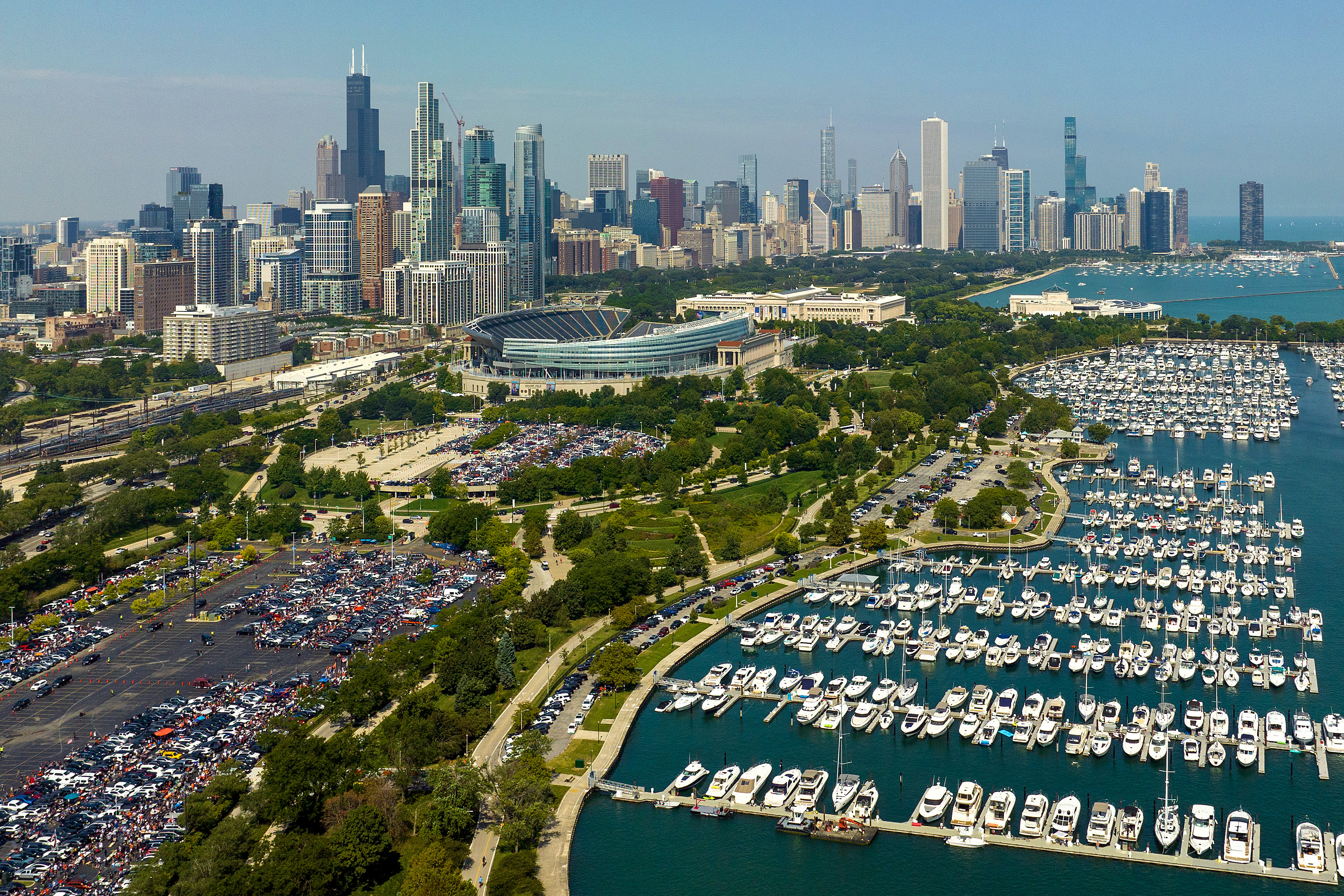Michigan’s right-to-work law is not coming to Illinois.
One of the law’s motivations was defunding unions, making it more difficult for them to work toward the election of Democratic politicians. Obviously, that’s not going to happen in a state who legislature has Democratic super-majorities in both houses, and whose governor owes his upset re-election to door-knocking by union members.
However, a right-to-work law in our neighbor across the lake may help Chicago -- or at least continue a trend that has been to our city’s benefit. For the last 20 years, Chicago has been draining the brains out of the rest of the Midwest. To see proof of that, just walk around Lincoln Park and Lake View. There’s a bar for every Big Ten school, where graduates gather to watch their alma maters play football. Fifty percent of Michigan college graduates leave the state immediately after graduation, and their number one destination is Chicago. Meanwhile, Iowa is so desperate to reclaim its college graduates that a governor once hosted a “Come Home To Iowa” event -- in a Chicago hotel.
The right-to-work law in Michigan was an acknowledgment that the state now has no choice to become a low-skill, low-wage haven. Gov. Rick Snyder admitted that he was following the lead of Indiana, which earlier this year became the first Rust Belt state to pass a right-to-work law. Indiana, needless to say, has also been exporting college degrees to Illinois. Chicago’s success in transforming itself from an industrial city to a creative and cultural capital has come at the expense of the rest of the Midwest. It’s a consequence of globalization: just as money and education have become concentrated among fewer people, they’ve become concentrated among fewer cities as well.
Michigan’s right-to-work law may not increase the percentage of college graduates moving to Illinois -- that’s a long-established trend -- but it might discourage them from returning home.
Local
Here’s a list of bars affiliated with Big Ten schools, courtesy of the Chicago Bar Project. Michigan State alone has 14!



